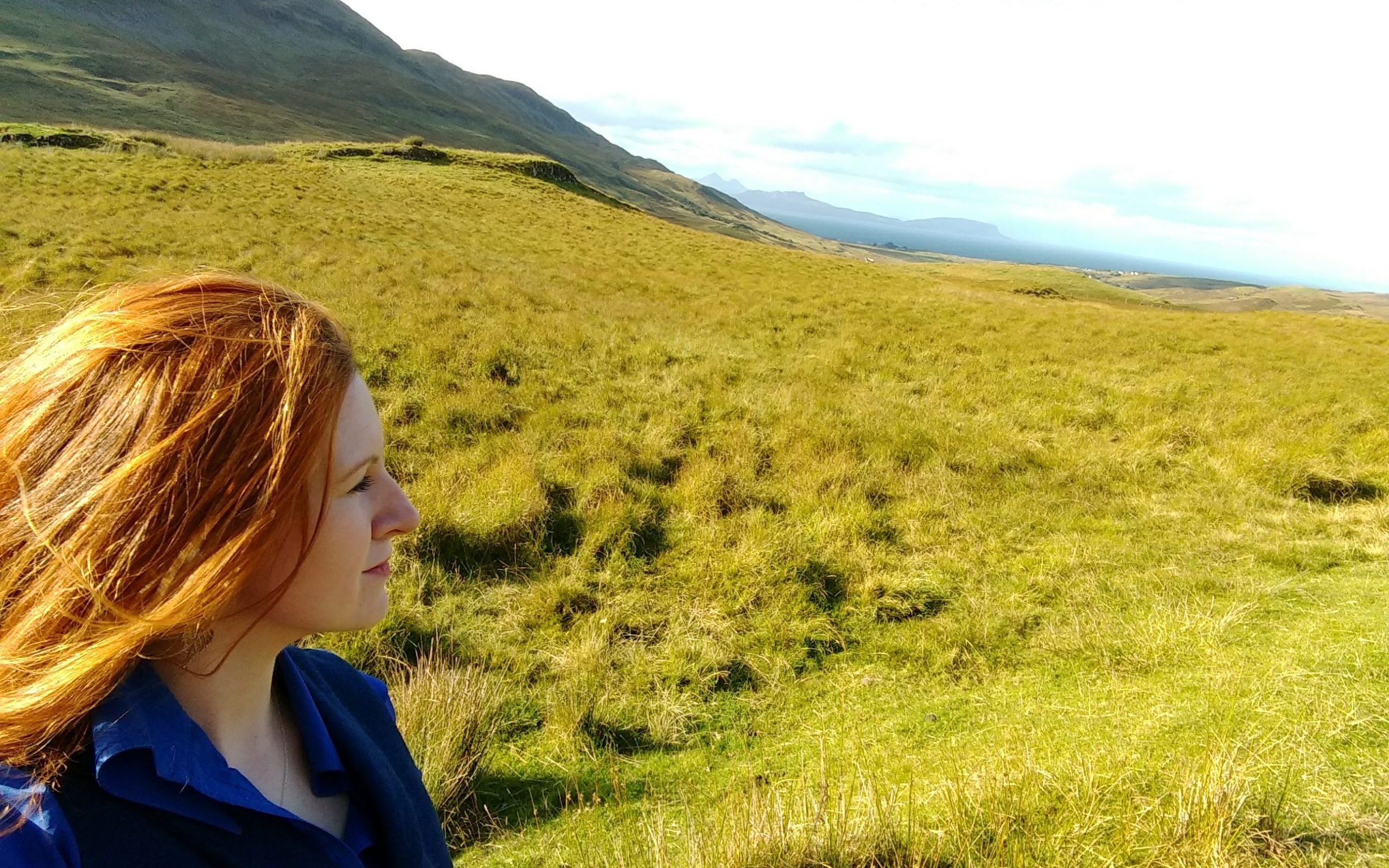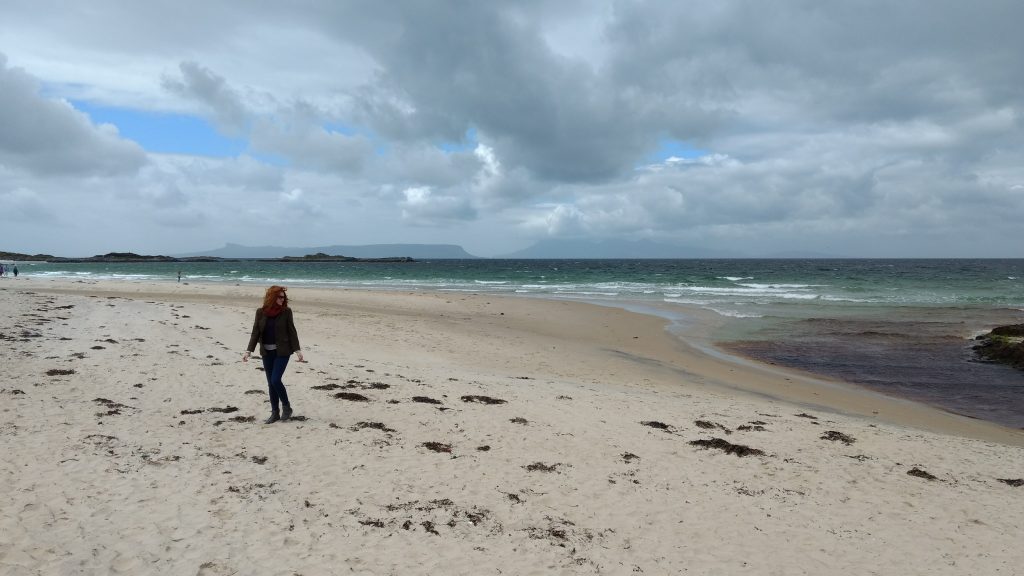My novel, “From Scotland with Love,” isn’t merely a book; it stands as an ode to my homeland.

Have you ever felt such intense homesickness that your attempt to reconnect with memories evolved into more than a mere journal entry—it transformed into a novel?
Throughout different stages of my life, homesickness has gripped me, but a particular instance led me to write…
Having spent several years in Australia, I found myself deeply immersed in building my fashion brand, which, albeit successful, had drained me completely. The label was gaining traction, but my proximity to burnout was undeniable.
As Helen Fielding aptly puts it in Bridget Jones’s Diary, “when one part of your life starts going okay, another falls spectacularly to pieces.”
This was the case for me.
News of my father’s terminal cancer shattered my world. In a state of shock, I hastily tied up immediate affairs in Australia before flying back home. There, in my shock I bid farewell to my father, who in a space of little time had deteriorated so much. The day after I arrived home, I was told by the doctor he had only days left.
I had returned just in time. He had waited for me. I was the last one home, and as I approached, I saw him relax, whispering my name.
Amidst the haze of sorrow, I said my farewells, playing songs in his room on a portable CD player, transporting him back to his youth, with Bob Dylan being his favourite.

During that time, it was summer in the Scottish Highlands, where nights are long, and the sun sometimes sets as late as 10 PM or even later. While wildlife thrived outside, our house harboured a different atmosphere. I hoped the combination of sunshine and family would help alleviate my grief.
But time could not stand still. With my life still rooted in Australia, I had to return. Heavy-hearted, I left home for the other side of the world, feeling like a fish out of water. In a moment of impulse, I organised my affairs, relinquished my studio and business, and opted to work for someone else—a welcome relief at the time.
Although I envisioned returning home, the pain persisted, and still circumstances kept me in Australia. So I turned inside myself, and there I found something shimmering within the pain. I began to write about a fictional place in my mind—a place where I could breathe and feel connected again.
That place was Arlochy.
A place where blossom-heavy trees and the scent of the sea linger in the air. Where long-lost loves eagerly await your return. Where family embraces you with open arms.
So it started…while Australia experienced an intense summer heat, I had the cool Scottish summer imprinted in my mind—the time I bid farewell to my father, forever etched in my heart. Each morning, I stepped outside into our backyard, writing words before the sun reached its peak. As I wrote, things began to unfold.
Writing was relatively new to me; this was my second book. The first was a project I thought would be a one-time effort, yet the need to write persisted.
I wanted to feel home, and for a time I did each morning, I was transported.
I had to process what was going on inside me.

Arlochy became a character in the novel—an integral part of Lori’s journey. I wanted the connection to resonate, underscoring that no matter how far you travel, home is there, drawing you back.
Arlochy isn’t entirely fictional; it’s rooted in reality, based on a small town near me—Arisaig. So, I envisioned a life in Arisaig, sensing the characters, the family dynamics, the loss, and that unmistakable feeling of being on the opposite side of the world from loved ones. Homesickness.
The view opened out onto a stretch of shimmering sea, with yachts scattered along the shoreline. She couldn’t believe how long she’d been away, but strangely enough, everything looked the same: even an old bright red fishing boat remained anchored in the same spot from summers past. The car crept past the village hall, the bookshop, the small supermarket, the café and pub at just under thirty miles an hour. Tourists meandered in the sunshine, popping into the boutiques, and some strolling down the pier, pointing now and then at the scenery she knew so well.
Her heart fluttered suddenly; with excitement or nervousness, she didn’t know which. What she did know was that in just a few moments she would see her gran’s house, their home, and she anticipated the accompanying bittersweet pang that would come tugging at her chest.
From Scotland with Love

I can’t help but reflect on the incredible process of turning emotions into words and characters. Writing became a therapeutic channel, allowing me to navigate through grief, nostalgia, and the longing for home.
Don’t be fooled; while this book is deeply heartfelt, it’s also infused with humour and a feel-good factor. It’s important for me to always seek out the light.
You can discover “From Scotland with Love” on various platforms online.
Thank you for being a part of this journey, dear reader.
C x

Leave a Reply